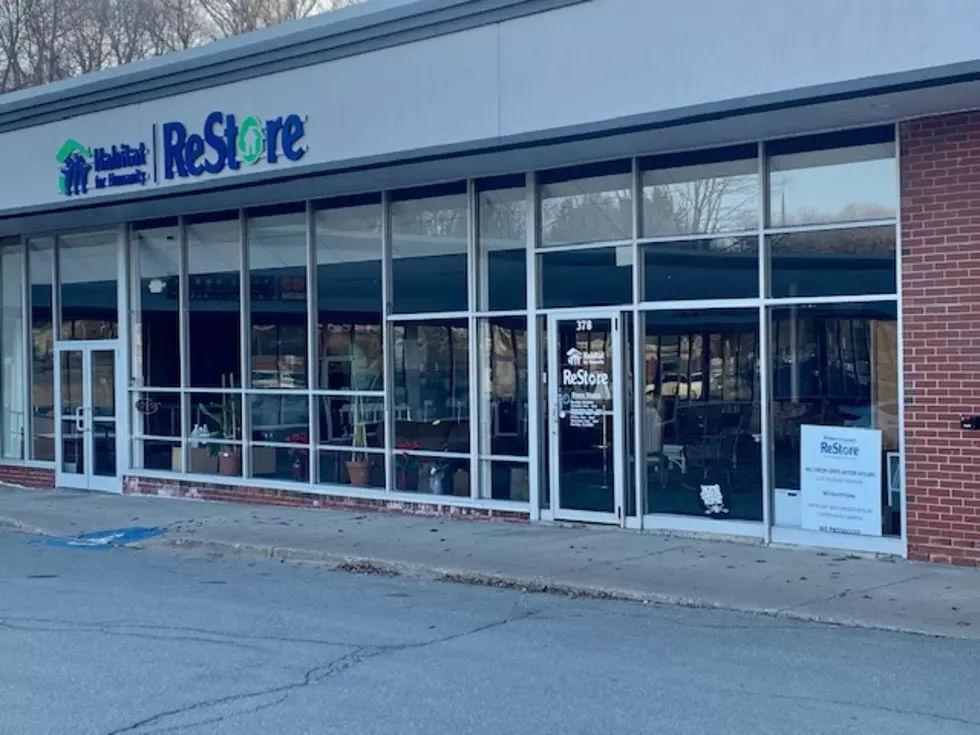When Elvis Costello and the Attractions Devoured ‘Blood & Chocolate’
When Elvis Costello reconvened the Attractions in early 1986, the band was on the verge of breaking up. Things has not gone well the last time the four guys had recorded together.
That session was for King of America, a rootsy effort that Costello had almost completed with other musicians by the time he called in his long-running backing band. The Attractions – drummer Pete Thomas, keyboardist Steve Nieve and bassist Bruce Thomas – didn’t enjoy being sidelined, nor did they take to the buddy-buddy friendship Costello had struck up with producer T-Bone Burnett in their absence. Their time in the studio yielded only one track, albeit one of the record's standouts, "Suit of Lights."
Instead of letting the bad feelings fester, Costello rounded up the Attractions for another project just after King of America hit stores in February 1986, and only a few months after the catastrophic previous session. Costello brought on Nick Lowe to produce, not only because he could help capture the raw sounds Elvis envisioned for the new album, but because he had a history with the band (having produced the first four of the LPs Costello made with the Attractions).
Lowe happily “agreed to an approach that would get the music recorded before the band and I fell out completely,” Costello wrote in 2002. The somewhat strange plan was to play the new songs as a unit in the studio, without headphones, almost like the band would on stage. It was experimental, in a very primitive way, and it prevented the boys from getting too cute with any arrangements.
“If we tried anything fancy it sounded like we were playing wearing boxing gloves,” Costello reflected in 1995. “This suited most of the songs perfectly.”
True to Lowe’s nickname, "Basher,” Costello and the Attractions bashed out these tracks, rarely requiring more than three or four run-throughs to capture a master take. Two of the album’s longest songs, “I Want You” and “Tokyo Story Warning,” were captured in one take, with minimal overdubs stitched on immediately afterward.
Listen to "Uncomplicated"
Although Blood & Chocolate is indeed a blaring rock record, it’s not without bizarre little touches. For instance, in the closing moments of sinister ballad “I Want You,” the Attractions’ tracks are slowly switched off. The ghostly echo of a band that perseveres is a result of the sound bleeding through to Costello’s vocal mic. Meanwhile, leadoff track “Uncomplicated” had been Costello’s “latest failed attempt to write a song based on one chord” (although Nieve’s organ spruces it up a bit).
There’s also some pretty melodic stuff on the record, such as “Blue Chair” (which Costello says was inspired by Prince’s poppier tunes) and the chiming “Crimes of Paris” (which features backing vocals from Elvis’s soon-to-be bride, Pogues bassist Cait O’Riordan). “I Hope Your Happy Now” bounces with a Beatle-esque beat – a little joy to disguise the “murderous intent” Costello originally intended.
On Blood & Chocolate, some of Elvis’s nasty feelings are masked, and some aren’t. Sometimes the humor and rage come in equal doses, as on “Tokyo Storm Warning,” in which Costello sneers his way through an international tour, but still finds a moment to laugh about the “God-Jesus robots” that work as magic eight-balls for lovesick Japanese teenagers.
The sessions for the album finished in May and the album was released on Sept. 15, 1986 (less than seven months after the very different-sounding King of America). Although the album was attributed to Costello on the cover, which he painted, he was credited as “Napoleon Dynamite” on the album, amidst other notes that were written in Esperanto (“for reasons I can no longer remember,” Costello wrote in 1995).
While critical reaction was kind-to-enthusiastic – Robert Christgau called it “a return to basics with a decade of growth in it” – the public wasn’t as thrilled. Blood & Chocolate became Costello’s lowest-charting LP on both sides of the Atlantic, that is, until he went orchestral in 1993. It didn’t produce a hit song, although “I Want You” became a fan favorite via live performances.
The record also marked the end of an era, in a few ways. It was Costello’s final album with Columbia Records in the States. Elvis signed a big contract with Warner Bros. and would make his next six records with the label. The album also was the last Costello disc to include Lowe as a producer (although he and Elvis would collaborate in other ways).
While the Attractions toured with Costello to support Blood & Chocolate, the band wouldn’t record a session together for eight years. Even then, it was only for part of an album because of bad blood between Costello and Bruce Thomas. Steve Nieve and Pete Thomas would end up with Costello for the long haul, eventually becoming part of his new backing band, the Imposters, in 2001.
Elvis Costello Albums Ranked in Order of Awesomeness
More From









